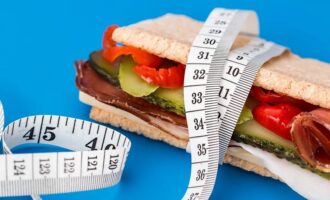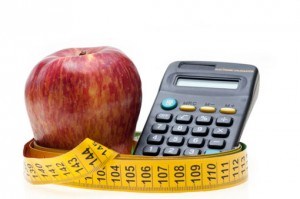Electrolytes are essential for proper functioning of our body. Their deficiency can lead to heart rhythm disturbances, fainting and trembling body. Learn about the role of electrolytes in the body and how to make up for their deficiency.

Electrolytes is a medical term for a salt ions, that are found in body fluids – in blood, blood plasma and tissue fluids. Human body, for the healthy functioning, must maintain an appropriate level of salt ions, and in particular, sodium, potassium, calcium and magnesium. The deviation from the norm can lead to malfunction of the heart and nervous system, since they are responsible for maintaining the voltage in the cell membranes, as well as for the transmission of electrical impulses (nerve impulses) other cells.
electrolytes – when we lose them?
We lose electrolytes, usually, during an intense workout. Electrolyte balance is disturbed and during the body's fight against viral infections. For, to our body retained fluid balance, electrolytes deficiency should be complemented.
electrolytes – signs of deficiency
- generalized weakness;
- hypertension;
- heart rhythm disturbances (arrhythmia);
- dizziness;
- fainting;
- muscle tremors.
Characterized as: swelling of the lower limbs, drowsiness, loss of appetite, nausea and constipation.

How to replenish electrolytes?
- drink plenty of water-rich minerals;
- Drink tomato juice, it is a rich source of potassium;
- keep to a diet, rich in sodium, potassium (eg, tomatoes, bananas, dried apricots) and magnesium (eg, pumpkin seeds, cocoa, almond);
- use the minerals in the tablets, eg, amino acid chelates;
- during breaks between exercises drink isotonic drinks, containing sodium chloride or potassium chloride;
sleep on the 8 hours.
How to prevent the loss of electrolytes in the body?
- do not exercise in the heat;
- Do not change your diet drastically;
- for infections, accompanied by fever and diarrhea, Take twice as much liquid, than usual (ca.. 3 liters of water a day).
Valid values of electrolytes in the body
- sodium: 3250 mg / L; 142 mmol / L,
- potassium: 156 mg / L; 4 mmol / L,
- magnesium: 24 mg / L; 1 mmol / L,
- calcium: 100 mg / L; 2,5 mmol / L.




